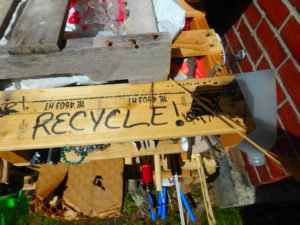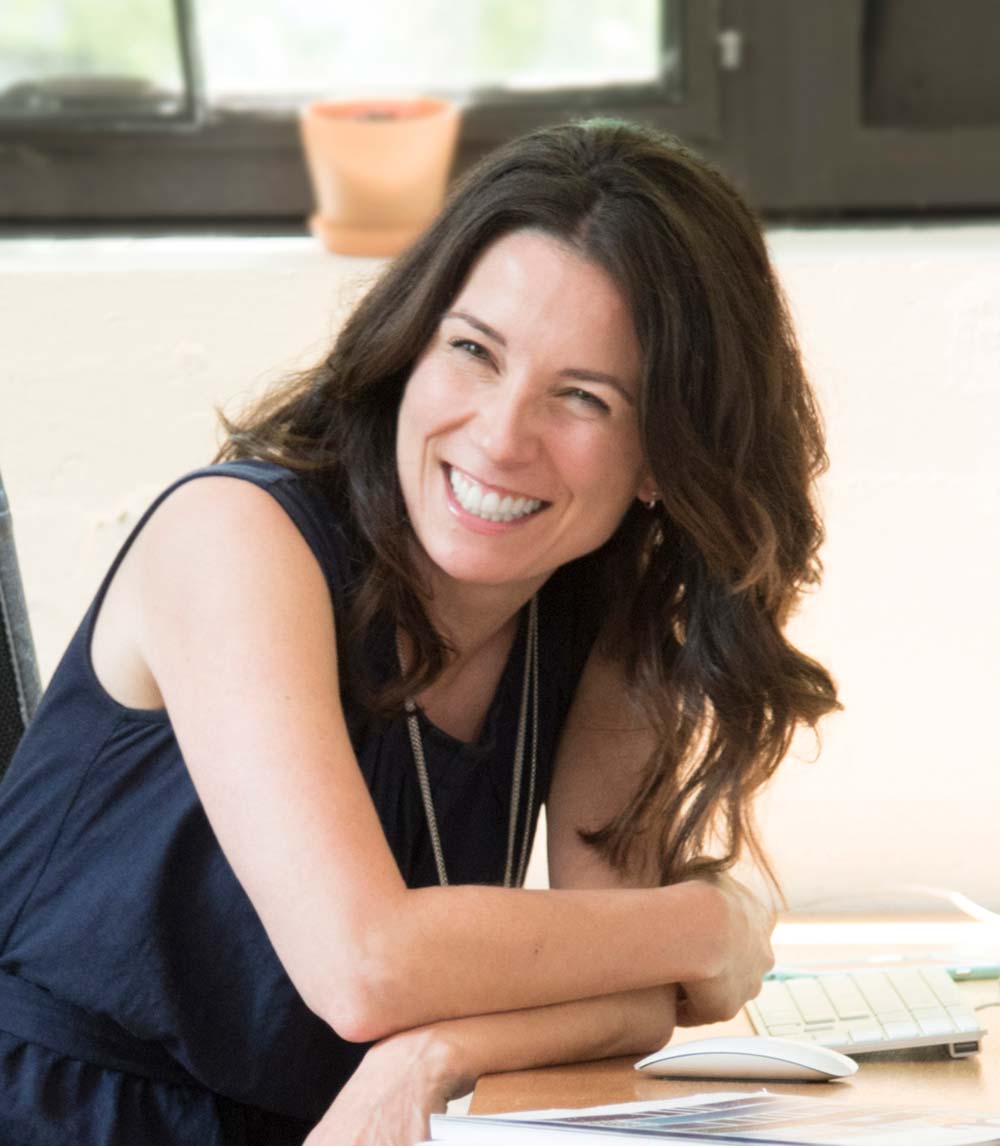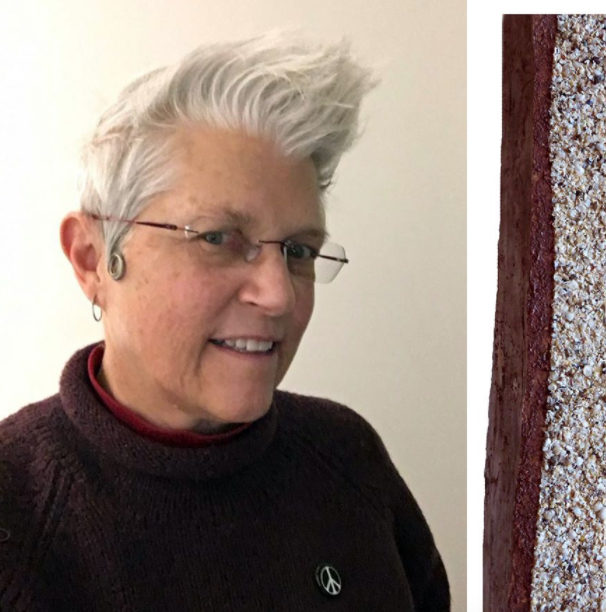The Massachusetts College of Art and Design is committed to leadership in designing solutions to one of the defining social, economic, and ecological challenges of the twenty-first century: climate change.
The College supports the Sustainability Initiative, a group of faculty, staff, and students who are dedicated to leading the college towards a carbon neutral future as well as creating innovative curriculum. The recently created Minor in Sustainability currently has about 45 students and is growing. A lecture series offering talks by leading artists and designers working in sustainability was founded in fall 2020 and will be offered every semester. An interdisciplinary lab space for projects and curriculum dedicated to sustainability has been running in the new DMC for 5 years.
In the classroom, members of the faculty are incorporating sustainability into the curriculum through projects such as creating a visual campaign for a cafeteria compost/recycling/waste facility change, designing a five year process of cleaning the courtyard of heavy metals through mobile phytoremediating plant beds, creating new fashion designs with recycled fabrics and clothing, and much more.
As evidence of the college’s dedication to environmental stewardship, Kay Sloan, President emerita, was among the first to sign the American College and University Presidents Climate Commitment.
___________________________________________________________________
The Sustainable MassArt Initiative defines MassArt as an ecosystem in which everything we do is part of an interconnected web of economic, environmental, and human resources. Sustainable practice addresses the complex systemic challenges at the intersection of justice, health, and the environment. The Sustainable MassArt Initiative works to define, develop, support, and communicate visionary work in the field of sustainable art and design by students, faculty, and staff. The primary goal of the Sustainable MassArt Initiative is to foster and support sustainable curriculum throughout the college.
Facilities:
The College and the Commonwealth have invested over $70 million in facility improvements and new buildings that are LEED Gold. The College has changed water fixtures to consume less water and switched from fuel oil to biofuel comprising diesel and a 10 percent soy mix.
We made this video in 2014 about the sustainability work at the college in both curriculum and facilities. We have come a long way since then, but so much of what we were doing and working on then is still inspiring today.


